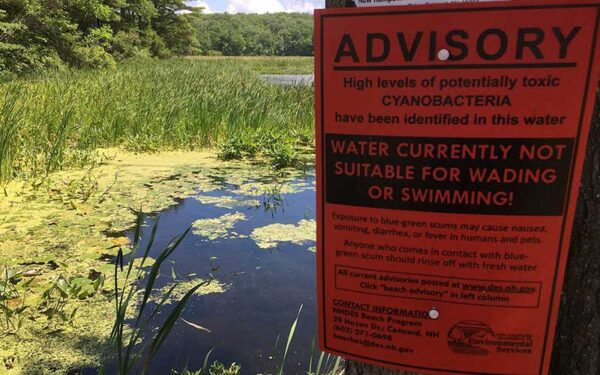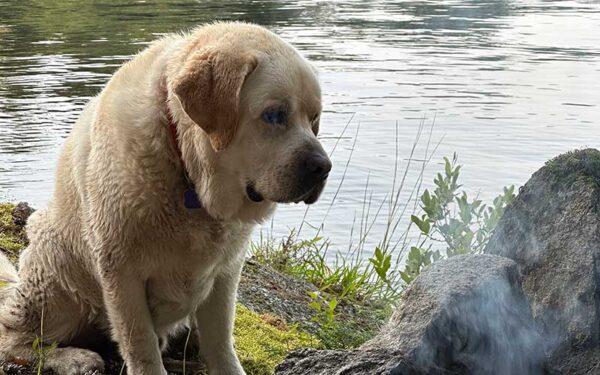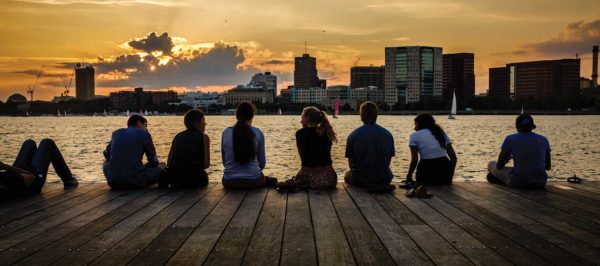Saving Cape Cod’s Bays
Nitrogen pollution is driving Cape Cod’s waters to the brink of ecological disaster. After years of fighting to make the Environmental Protection Agency step up and take action, in 2015 we celebrated a clean water milestone, but the real work of saving the Cape’s bays has just begun.
CLF in Action
The solution to the Cape’s pollution problem is well known: Fix the region’s septic and wastewater treatment systems, now.
Prompted by CLF’s 2011 lawsuit against EPA over its inaction to address the issue, in 2015, the Cape Cod Commission revised the region’s waste management plan. This plan outlines the legally required actions the Cape’s 15 towns must take to literally clean up their act.
But so far, progress implementing the plan has been slow and fragmented. Towns need to move faster and work better together to solve this urgent pollution problem.
CLF is also calling on the region’s biggest polluters – its tourist resorts – to do their part. We have filed suit against the Wequassett Resort and Golf Club and Wychmere Beach Club over their individual pollution. These large resorts can set an example for other corporate polluters by cleaning up their wastewater pollution now.
What’s at Stake
Cape Cod’s saltwater bays and freshwater streams and ponds are in the midst of a well-documented water quality crisis caused by excess nitrogen. More than 85 percent of Cape homes are served by septic systems. Nitrogen moves quickly from septic systems through the Cape’s uniquely porous soil and into local water bodies. It then acts like a fertilizer, causing massive algae outbreaks that threaten animal and plant species and can make the Cape’s bays unsafe for swimming, boating, and shellfish consumption.
As an economic engine, a hotspot for recreation and tourism, and a habitat for so many different species, these bays are a part of life for Cape Cod and it’s crucial they are clean and safe.
Without immediate action – and with the effects of climate change becoming stronger – the Cape’s nutrient pollution problems will only worsen. The future of the Cape’s economy and its delicate ecosystems depends on the urgent efforts of towns, businesses, and the Cape Cod Commission.
CLF’s work and the work being done on Cape Cod to solve this problem can serve as a model for waters endangered by nitrogen pollution throughout New England and the nation.




